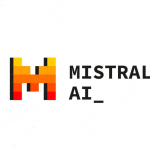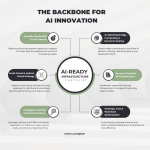
Helmholtz Munich
Author: Helmholtz Munich | Source: Helmholtz Munich | Read the full article
Machine learning is making significant strides in understanding human health, particularly at the cellular level. However, a recent study led by experts at Helmholtz Munich has revealed that biases in these machine learning models can lead to unfair and inaccurate healthcare outcomes. The research emphasizes the importance of recognizing and addressing these biases, especially since they can disproportionately affect underrepresented groups in medical settings.
The study delves into how biases can arise during the development of machine learning models, particularly those analyzing single-cell data. It highlights the interconnected nature of these biases, which can complicate efforts to correct them. The researchers argue that if these issues are not addressed, the healthcare solutions developed may fail to serve those who need them the most, raising ethical concerns about fairness and trust in medical technologies.
To combat these challenges, the authors advocate for integrating ethical considerations into the development of machine learning tools from the very beginning. By fostering collaboration between scientific and ethical perspectives, they aim to create more reliable and inclusive healthcare solutions. This approach is essential for ensuring that advancements in machine learning benefit all populations equitably.


![AI screening for opioid use disorder associated with fewer hospital readmissions | National Institute on Drug Abuse [English] AI screening for opioid use disorder associated with fewer hospital readmissions | National Institute on Drug Abuse [English]](https://peeperfrog.com/wp-content/uploads/2025/04/2025-04-03T120000Z2025-04-680226003file-150x150.jpeg)